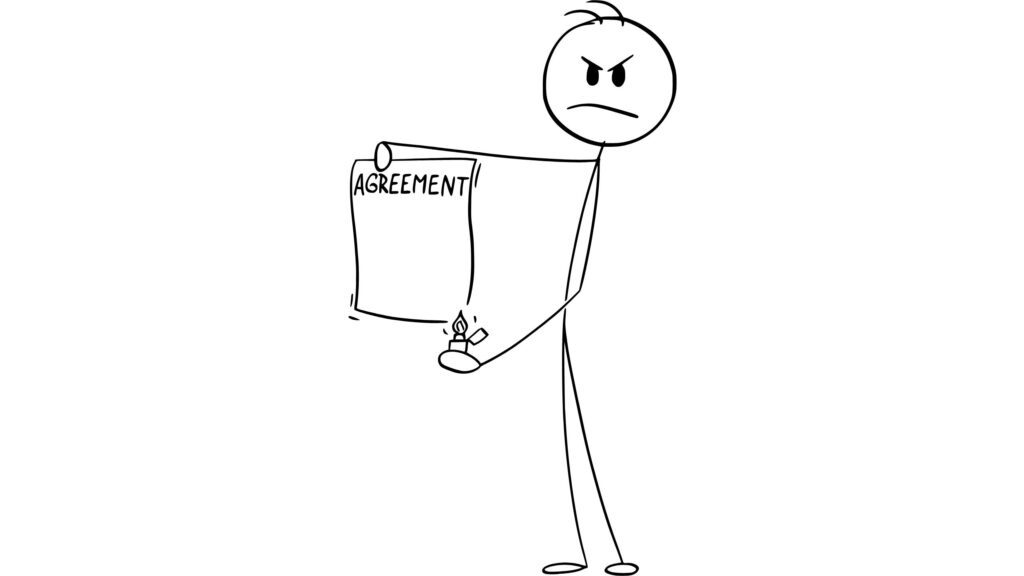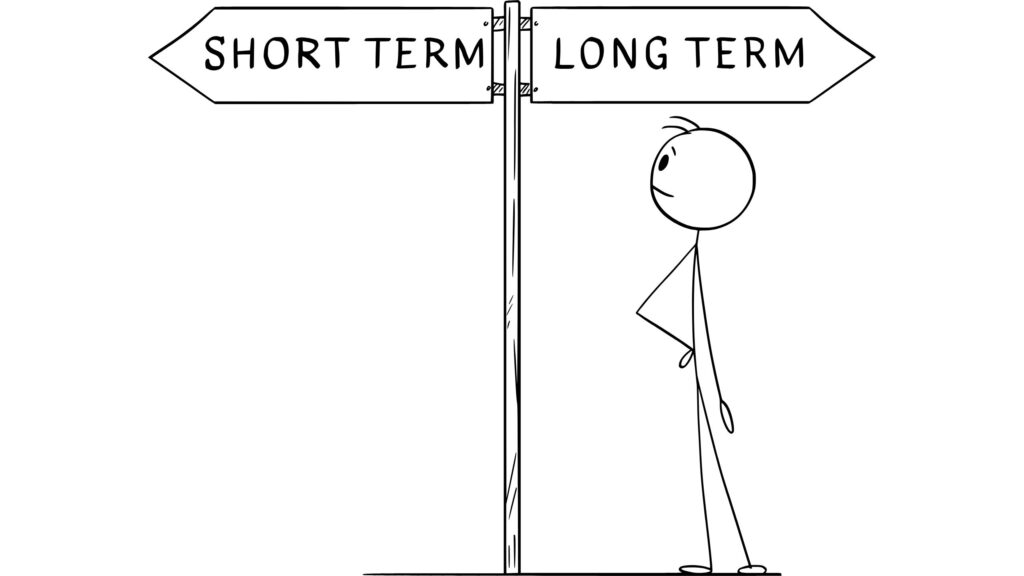
“You don’t need revenge. Coldness lets karma do all the work.”
If you want him not only to regret losing you, but to squirm and come crawling back, I’ve got some good news for you.
Getting a man to regret losing you is easier than you think. Once you understand the psychology behind regret and what prevents men from regret, you will see a clear (and scientific) path to him having second thoughts.
In this article, I am going to break everything down:
- The psychology of regret
- His thoughts
- The different “types” of cold
The Psychology Of Regret: What’s He Thinking?

Here is an easy way to think about regret:
Regret involves two things: Self-blame and missed opportunity. As soon as we can create those two variables, things will fall into place.
This is easier said than done, but it’s a start. This is why the first thing I tell a lot of my clients is YOU must create this missed opportunity. Sitting around waiting, hoping, and breadcrumbing each other only makes the process longer (and you pay the cost).
That’s why the first thing we must start to drill into his mind is the concept of loss aversion:
Loss aversion is a psychological principle that explains why people feel the pain of losing something more intensely than the pleasure of gaining something of equal value.
The problem is that if you’re NOT acting cold, we can never trigger this. Instead, what will happen is he’s going to feel comfortable breadcrumbing you (knowing you’re not going anywhere) while entertaining something new.
It’s only when he realizes he has to give up one for another that he has to make a choice. We’re trying to create a scenario where he makes a choice. Could he choose to leave and be gone forever? Sure, and it will suck but it’s a choice.
Regret is self-inflicted. He can’t regret anything if he can’t reflect. He can’t reflect if he didn’t make a mistake. He can’t make a mistake if you never leave.
The Four-Stage Process Men Go Through To Regret
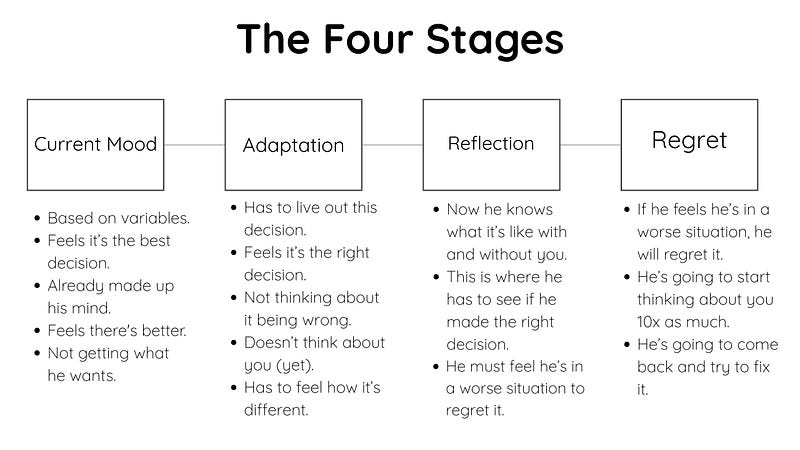
Men don’t just regret their decision once they make it and there is a reason. He has a narrative in his head already. He looks at what I call “the variables” and explains why he feels he should leave.
Variables can be many different things:
- How do you two get along?
- Are you what he’s looking for?
- Do you fight often?
- Do you want the same thing?
- Did you give him the ick?
- Does he feel he can get better?
- Are you not his type? Are you from the same “tribe?”
Many things. But once he has enough of these variables, his brain looks for the exit strategy. That’s where these stages come in.
Stage One: Current Mood
When you start being cold (we will explain what that is and means), he will have different ways of interpreting your actions. The top three are usually:
- “I don’t care/just leave me alone.” He could be feeling this because there is a reason why he’s pulling away and acting differently, which is why you did NC in the first place. It’s fresh to him so it hasn’t hit him yet.
- He may try to negotiate to keep you around: He may realize he was taking you for granted or getting a worse deal now that he lost you and may not be talking to anyone else. This comes from the guy who likes you but can’t commit for whatever reason. It could be he’s emotionally unavailable, newly single, etc. This is the most common mindset. This happens in quadrant two.
- His ego is involved, so he calls your bluff: He may try to make you jealous, not react at all, or wait you out. It doesn’t matter because you need to stick to your decision.
I want to give you pinpoint accuracy on which mindset your guy has by you pulling away. However, I want you to understand this:
You’re not going to see the results right away from NC. It can take months and consistency before you see anything. No earlier than 1 month and around 3 months.
“Why does it take so long?”
Because he’s in the mindset of not wanting a relationship, taking you for granted, lack of attraction, etc, which caused you to go cold in the first place. Just because you’re cold doesn’t mean it immediately changed.
It takes time because he has variables that created a narrative in his head that it’s best to leave.
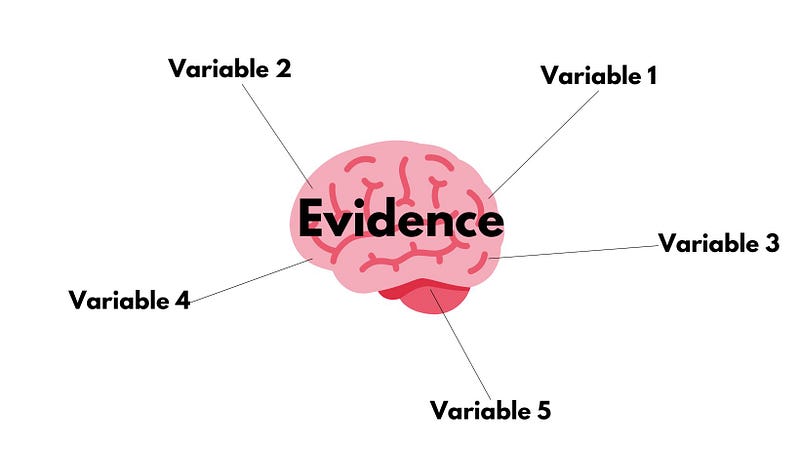
Stage Two: He’s Adapting To The New Outcome
You have him starting to live a life without you. He still has the same mindset he had previously; he’s just living it to see if it’s the right move.
This is an essential step for you to understand because if you were someone who always gave him chances, came back, gave him the benefit of the doubt, or let this bullshit run for too long, this step may take a while. How long? I am not sure. It could be a couple of months.
We must hold our ground here. Let me go. He’s going to call your bluff. In his mind, he still has you if HE wants you.
Men must go through two levels of realization before realizing you’re gone:
- He believes he calls the shots. He’s the one who left and you showed him a bunch of variables that you like him and want it to work out. He thinks he just has to show up, say a couple things, and you’ll let him back in.
- If you hold your ground long enough though, things start to change. He starts to think, “Oh shit, maybe she’s serious.” and that’s the first signs that creep into his brain that he messed up.
Here is how his mindset works in terms of the two steps. Again, it can only be based on evidence:

When enough time goes by, he will reflect.
Stage Three: He Starts To Reflect
The reason he’s always going to reflect is he wants to avoid regret. He knows what it’s like with and without you and as I said earlier:
- Is he blaming himself?
- Did he feel he missed out on a good thing/opportunity?
If we can create this, we can create regret. By the way, I have a No Contact guide that goes into more detail if you’re interested. Just click here.

He will start to reflect and ask himself:
- Was it worth it?
- Are the assets worth the cost of a relationship?
- Did I take her for granted?
- Was she one of the best options I had, and I am just a moron?
- Were the assets worth the cost?
- Was I happier when she was around?
- What do I want? Am I even sure what I want or am I just afraid?
Being cold allows him to ask himself these questions, process his feelings, and make a decision. This is usually when he is alone, whether in bed, watching TV, sitting at home on a Saturday night, bored at work, or driving.
This brings us to the last step.
Stage Four: Is He Going To Act On It?
He may return if he realizes he is a fool and has a good thing. If he wanted a relationship and took you for granted, you may hear from him soon.
Just because he’s back and talking to you doesn’t mean you win. It doesn’t even mean anything has changed. Yeah, he could have missed you. He realizes you’re an awesome-ass chick and that’s hard to come by. But is he going to commit? Has he changed due to reflecting on the situation?
Men never jump from “not being sure about you” to automatically “wanting to commit.” He’s going to see what he can get first. It’s all a negotiation. But never give him anything unless he commits.
Being Cold The Right Amount

Many people may feel you’re either cold or you’re not. While I do agree with this for the most part, I do want to mention some caveats that I think are important:
- Please don’t use being cold as a tactic to get him back. You must communicate your boundaries, what you’re looking for, the problem, and a solution. Only when you can’t meet in the middle/come up with a solution, should you start being cold.
- Cold is more of a last resort toward things. It’s not something you do to get a reaction out of him or play a game. If he is being cold, voice your concerns. If we can’t change the situation, pull back and respect your own boundaries.
- Being cold isn’t a tit for tat. You’re not doing it to get payback or regain power. Although, those will naturally happen. Instead, it’s something you must commit to.
- All types of cold have you pulling back, putting in minimal to no effort, and respecting your boundaries. The difference really is based on the situation you’re in and how horrible he disrespected you.
With that being said, let’s discuss the three levels of cold:
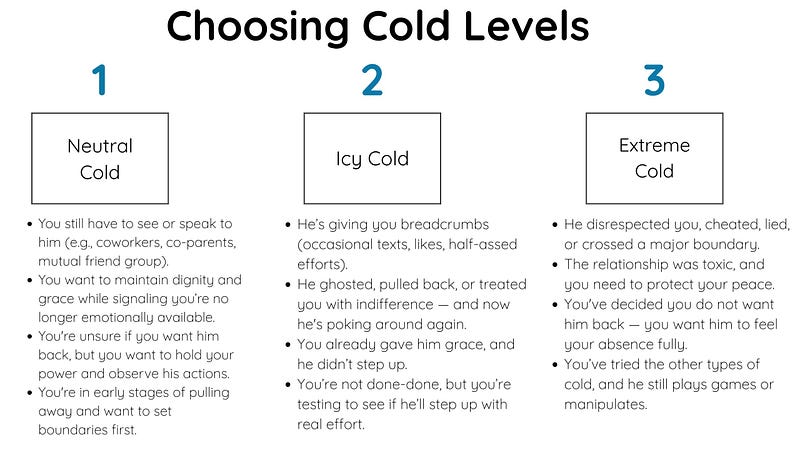
Neutral Cold
This is based strictly on circumstances such as co-parenting, being a coworker, part of the same friend group and so on. It’s where you feel neutral about the situation and realize that it’s better to be cordial instead of a bitch.
In this state, you’re:
- Never directly engage unless you have to.
- Never alone with him.
- Never entertain him or have conversations (unless others are around).
Icy Cold
In this stage you’re essentially done with his bullshit unless he steps up. In this stage he more than likely:
- Ghosted
- Plays too many games
- Took you for granted
- Pulled back
- Was inconsistent
- And so on
However, the difference here is that it wasn’t all bad, and there were good times. You also hear from him semi-often, where you get the breadcrumb text or hear from him immediately.
Unfortunately, for him, that’s not enough and he needs to do a lot more than that. We listed our standards and boundaries. He’s not listening. Here is what Icy Cold looks like:
- Not answering shit.
- Not looking at anything (social media, post, text, etc).
- NEVER initiating. The only reason we respond is if he’s blowing up our stuff saying he 1) misses us and wants to talk 2) realizes he screwed up and wants a relationship. That’s it.
Extreme Cold
He might as well be dead to you. You ain’t answering shit. Ever. Go to this stage if:
- He extremely disrespected you. Especially if you gave him multiple chances.
- He crossed a major boundary.
- The relationship was toxic and he gaslights the shit out of you.
- He’s a narcissist and/or manipulator.
- You decide you don’t want him at all and are happier without him.
No matter what level of coldness you choose, it has to be enough where he’s not getting ANY assets or benefits from you. In fact, he needs to feel he’s lost some. He then needs to be convinced (this takes time) that you’re actually done with him.
I don’t think any dude is worth this effort. God forbid you want consistency and transparency. If a guy can’t give you that, I say you just go cold and call it a day.
- If you want to work with me
- If you want my free guide on being high value
- If you want my nine guides on everything dating
